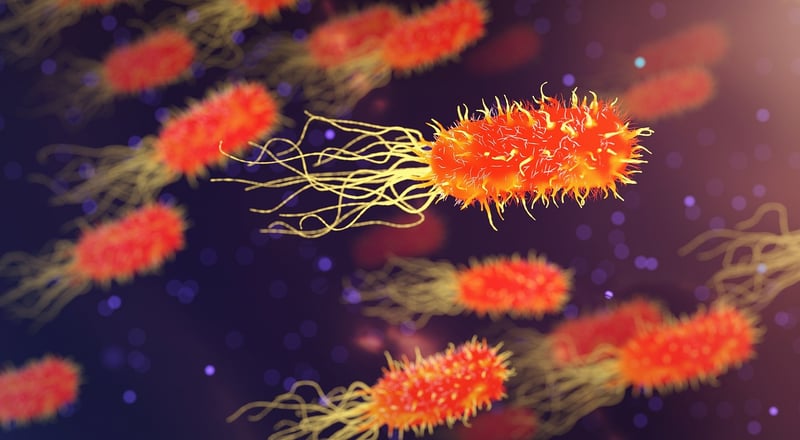Microbial Life Search
The Fascinating World of Microbial Life
Microbial life forms are one of the most diverse and abundant groups of organisms on our planet. From bacteria to archaea to fungi, these tiny beings play crucial roles in various ecosystems, shaping the world around us in ways we are only beginning to understand.
Types of Microbial Life
1. Bacteria: Bacteria are single-celled organisms that can be found almost everywhere, from deep-sea vents to the human gut.
2. Archaea: Archaea are similar to bacteria but have distinct genetic and biochemical properties that set them apart.
3. Fungi: Fungi include yeasts and molds and play essential roles in decomposition and nutrient cycling.
Importance of Microbes
Microbes are essential for various ecological processes, such as nutrient recycling, nitrogen fixation, and decomposition. They also play crucial roles in human health, from aiding digestion to synthesizing essential vitamins.
Exploring Microbial Life
Scientists are continually discovering new species of microbes and unraveling their unique characteristics. Recent advancements in technology have allowed researchers to explore microbial life in extreme environments such as deep-sea hydrothermal vents, acidic hot springs, and even within the human body.
Microbes in Space
Microbial life has also captured the interest of astrobiologists, who are exploring the possibility of microbial life on other planets. Studying extremophiles on Earth has provided valuable insights into the potential for life to exist in extreme environments beyond our planet.
Conclusion
The world of microbial life is vast, diverse, and full of wonders waiting to be discovered. Whether they are shaping ecosystems on Earth or potentially existing in the far reaches of space, microbes continue to intrigue and inspire scientists and enthusiasts alike.

Explore more about microbial life and the incredible beings that inhabit our world!
For more information, visit Nature - Microbial Ecology.
